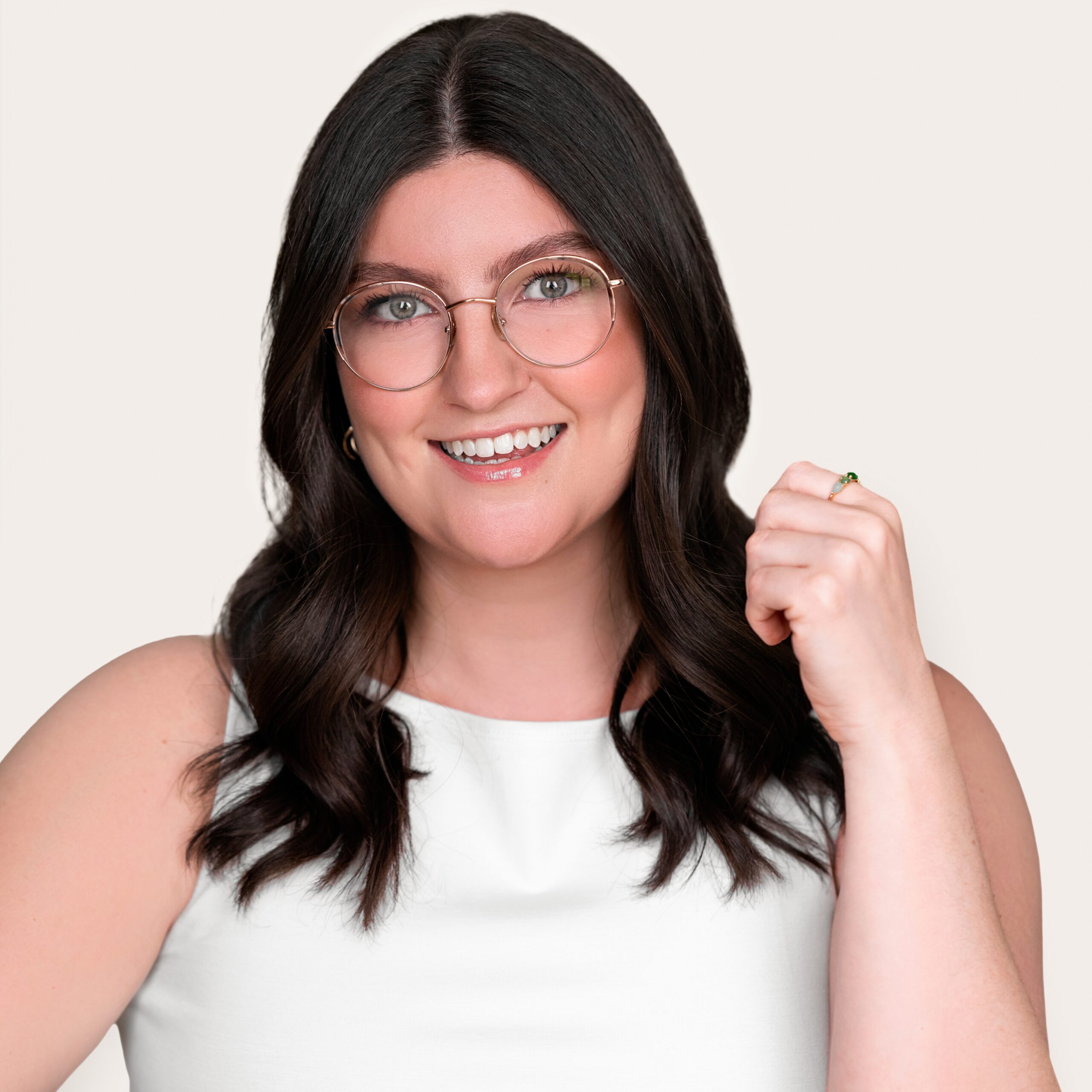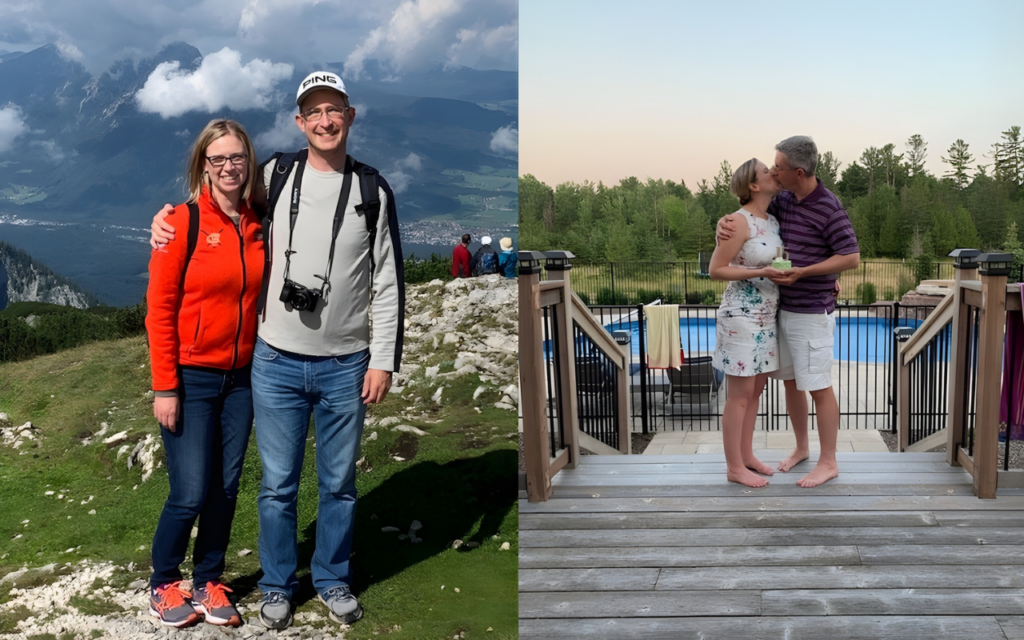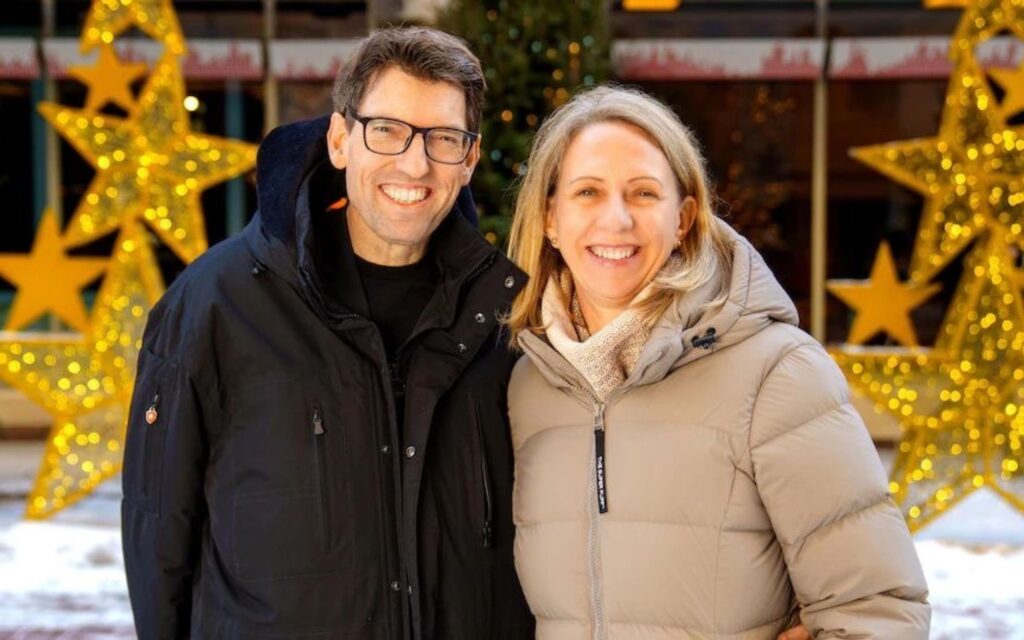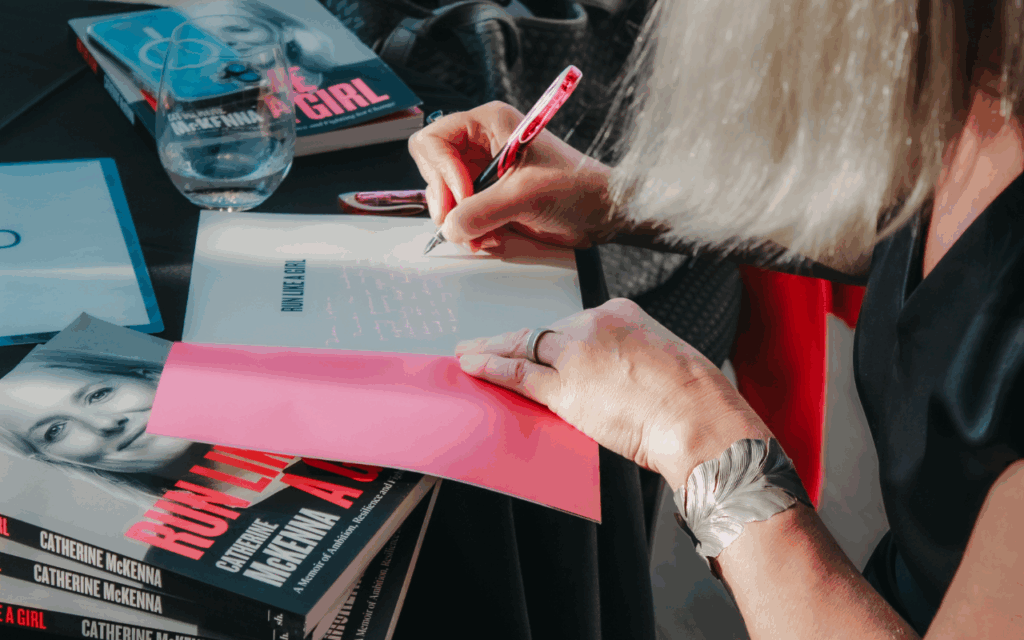
The National Arts Centre in Ottawa was buzzing recently as friends, colleagues, and supporters raised a glass to mark the launch of Catherine McKenna’s new memoir, Run Like a Girl: A Memoir of Ambition, Resilience, and Fighting for Change.
But this isn’t your typical political memoir – it’s a candid, personal look at the challenges, setbacks, and moments of joy that shaped her journey, told through objects and photos that hold a special place in her life. From growing up on the soccer field to navigating the climate fight on the global stage, McKenna shares how resilience, kindness, and solidarity have guided her path.
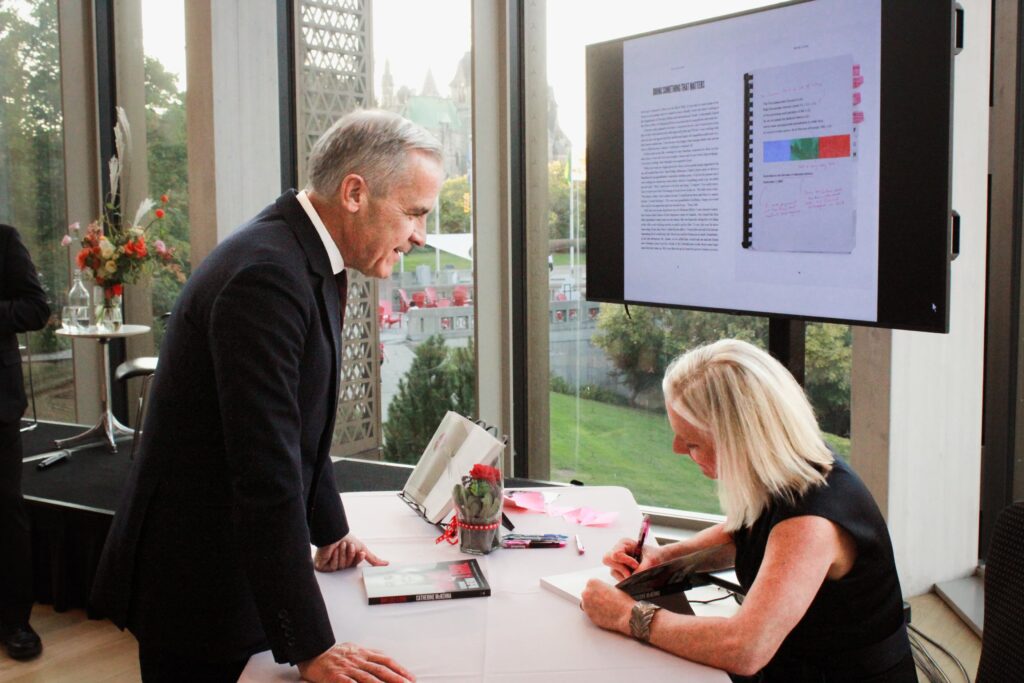
We had the chance to catch up with McKenna to learn more about why she wrote the book, what she hopes readers will take away, and the importance of staying hopeful – even when the work is hard.
THT: Your new book is going to hit shelves soon! What inspired you to share your story?
Catherine McKenna: Partly it was that I’m a bit of a pack rat! I was talking to a friend, and she said, “Oh my gosh, you’ve had so many experiences in politics, but even before that… you should really write about them.”
I’m not really a writer, but she encouraged me to think about it more visually, the way I already do, and tell these stories through objects. That’s really where it started.
THT: The book is obviously a personal journey, but you’ve also mentioned it’s about inspiring and supporting the next generation of leaders. Tell me about that!
More recently, especially now, it’s just really hard out there. It’s hard if you’re working on climate, it’s hard if you’re a young person who’s grown up with the climate crisis, COVID, AI, and all the uncertainty around jobs. And for women, even though people say things are amazing, we still face a lot of barriers. So the book became more about sharing some lessons I’ve learned along the way.
It’s also about solidarity. Solidarity with young people who supported me on climate, with women who supported me on climate, and with all the women and young people trying to make change even though it’s really hard. It’s my way of giving a shout-out to them, and offering support at a time when I think we’re all going to have to fight and dig deep.
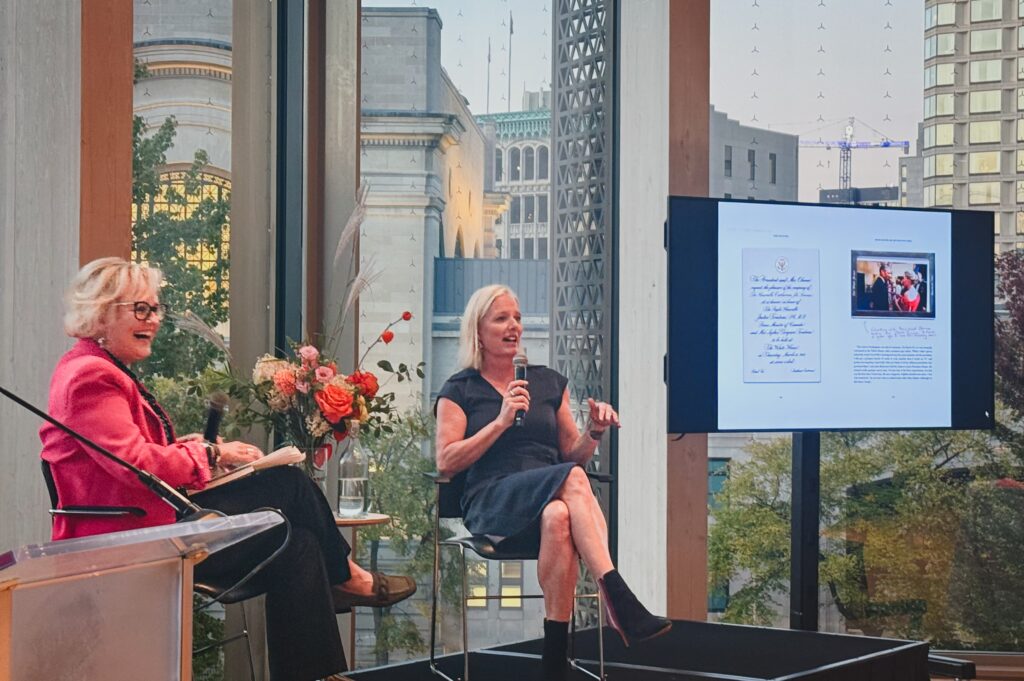
THT: As you mention, it’s not written as a narrative story, but feels more like a scrapbook of your life. How do you think that will shape the reader’s experience?
Catherine McKenna: It is a really cool format, and that was really important to me. I did not do a hard copy and chose the square shape. It’s meant to go into people’s bags, to be marked up, to write on the pages, rip pages out, to fold over pages and to share with your friends.
I’m not trying to write a political memoir. I’m trying to hopefully tell my story of making change – and how it’s not linear, it’s hard, and you can still go dancing with your friends, and that’s okay – and then inspire young people. I’m also trying to do it in a format that’s a little more organic and can be multimedia, too.
THT: I wanted to talk about why now. In the book, you outline some of the hateful messages and security threats you faced while in government. Why are these stories important to share?
Catherine McKenna: So part of why I tell this story is because I promised myself when I left politics that I would support women and girls who want to get into politics. This is part of that – because I want things to change. I want social media companies to be held accountable. I want politicians to be held accountable when they make personal attacks. We can have vigorous debates – that’s fine – but we shouldn’t be facing threats to our safety.
Part of telling this story was really hard for me because I’m actually a pretty private person. Even though politics puts your life out there, I didn’t want to go into details. But the reality is, a lot of things were just made into controversy, and I had no choice. It was hard. But I also realized we have to talk about this if we want change.
I want people to know how absurd it was. I was just a person in politics working on climate change who happened to be a woman, and suddenly I was on the front lines of social media going bonkers – caught in this circle of climate denial and misogyny. And I recognize that as bad as that was, it’s even worse for racialized women, Indigenous women, LGBTQ+ people – they face another level of hate.
Part of what I want young people and women to know is: you can do this. You’re not alone. Even if you feel like you are in that room or that moment, there are others out there – in other boardrooms, other cabinet rooms, other negotiating rooms, out on the streets, in their communities – fighting the same fight alongside you.

THT: I love that you mentioned this isn’t just a book about politics. Why was it important for you to include stories about motherhood, swimming, and your life outside of work?
Catherine McKenna: People sometimes assume I always wanted to be a politician. No – I just wanted to be an Olympian! I cared about politics, but that wasn’t my goal.
I think we’re shaped by our experiences, good and bad, and they give us strength. I wanted people to know I’m just a person. I’m not that special. Maybe I’m hardworking, but like many people, I often didn’t know how to make change.
Life is a journey. And especially for young women, there’s so much pressure: what university, what course, when are you going to find a partner, have kids, build your career? But life doesn’t work like that. Sometimes you choose a different path, and sometimes life chooses for you – a sick parent, a partner’s job, children. That’s part of the story I wanted to tell.
THT: The title is a phrase many of us heard growing up. Tell me about where Run Like a Girl came from?
Catherine McKenna: When I was young, I played soccer, and the team was coached by my dad. More than half the team were boys, and I was a good soccer player. But, I remember some of the boys weren’t that keen on me, and one of them said I “ran like a girl.”
It was so weird because it felt like the biggest insult you could have. I knew what he was saying – you suck, you don’t fit in here. And so the lesson I drew, even from a small experience like that, was: okay, I’d better fit in. I’d better be like the boys – wear business suits, go to law school, be serious. But that wasn’t making me happy.
Now, young women have a different attitude. Like, there’s the story of Mia Hamm, the American soccer player and Olympic gold medalist. When someone said to her, “You run like a girl,” she replied, “My coach said I run like a girl, and if you could run a little faster, you could too.” I was like – yes! Maybe I should have taken that approach, but I didn’t have the confidence then. I thought, I’ll keep low-key and fit in.
So it’s also about that – about the expectations placed on us, and the ones we put on ourselves, that distract us from what we’re really passionate about and what we actually want to do.
THT: If there’s one thing that you hope readers take away in reading your story, what would you hope that message is?
Catherine McKenna: If there’s one thing I hope readers take away, it’s hard to pin down to just one message. But I think it’s: never give up. Keep pushing ahead, but also be kind. There were people who were really kind to me, and obviously, people who were not. Life is about choices, and I think it’s important to remember we have more in common than we often realize.
I want people to feel inspired – but not in a fake way. Inspired in the sense that yes, it’s going to be hard, and you have to get through that. Sometimes you’ll be focused on being a mom, or things just won’t go as planned – and that’s okay too.
I also want people to know: I’m not special. Sometimes people think that if you’re in politics, you must be different, but I’m not. I’m just a regular person who really wanted to make a change. I’ve spent a lot of time trying to figure that out, readjusting along the way, and I’m showing that through this book.


